Rev’s Transcript Library
Explore our extensive collection of free transcripts from political figures and public events. Journalists, students, researchers, and the general public can explore transcripts of speeches, debates, congressional hearings, press conferences, interviews, podcasts, and more.
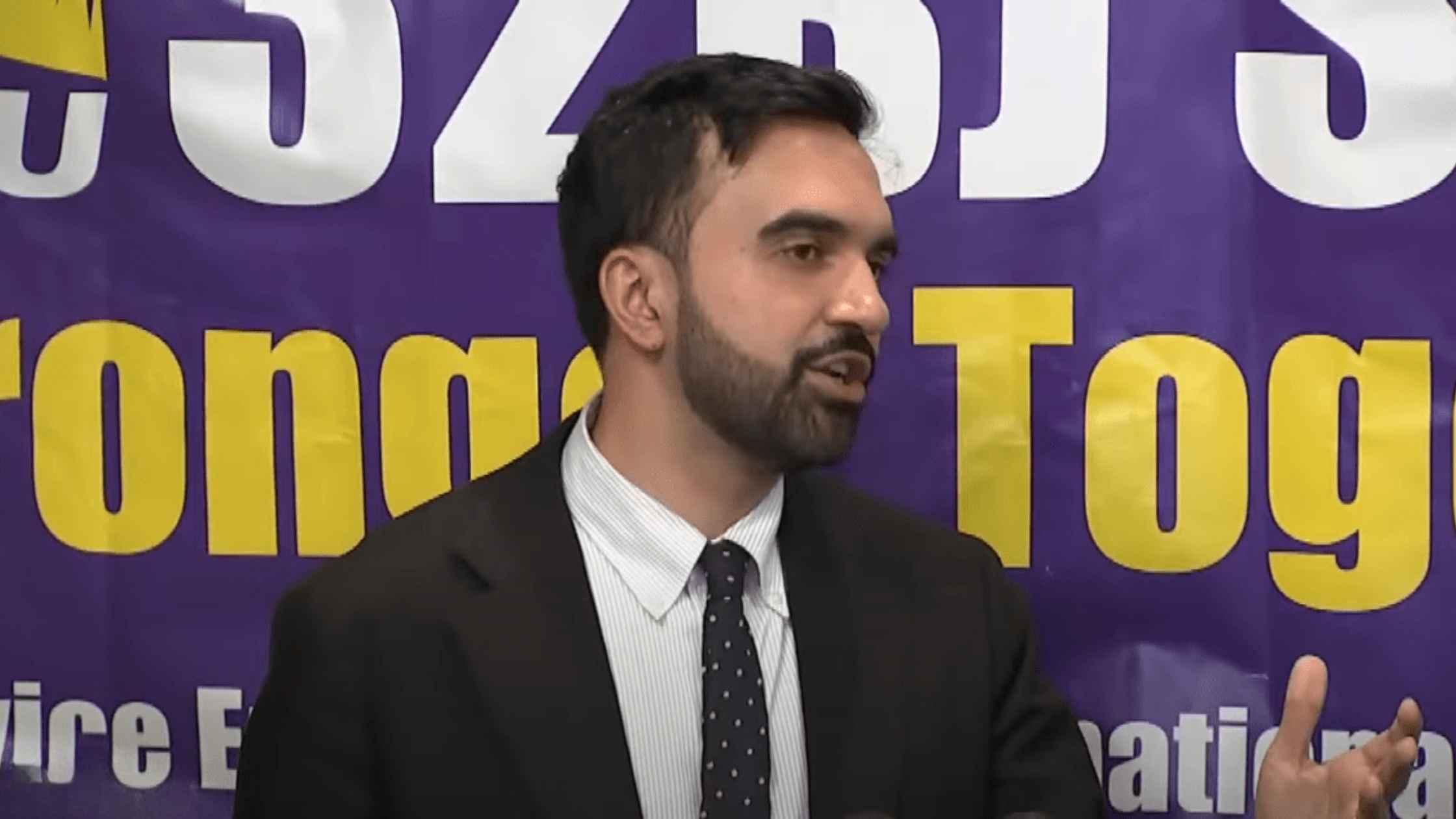
Mamdani Addresses Midtown Manhattan Shooting
NYC mayoral candidate Zohran Mamdani speaks after the killing of a police officer in a mass shooting. Read the transcript here.
New Private Health Tracking System Announced
Donald Trump and RFK Jr. deliver remarks on new private health tracking system. Read the transcript here.
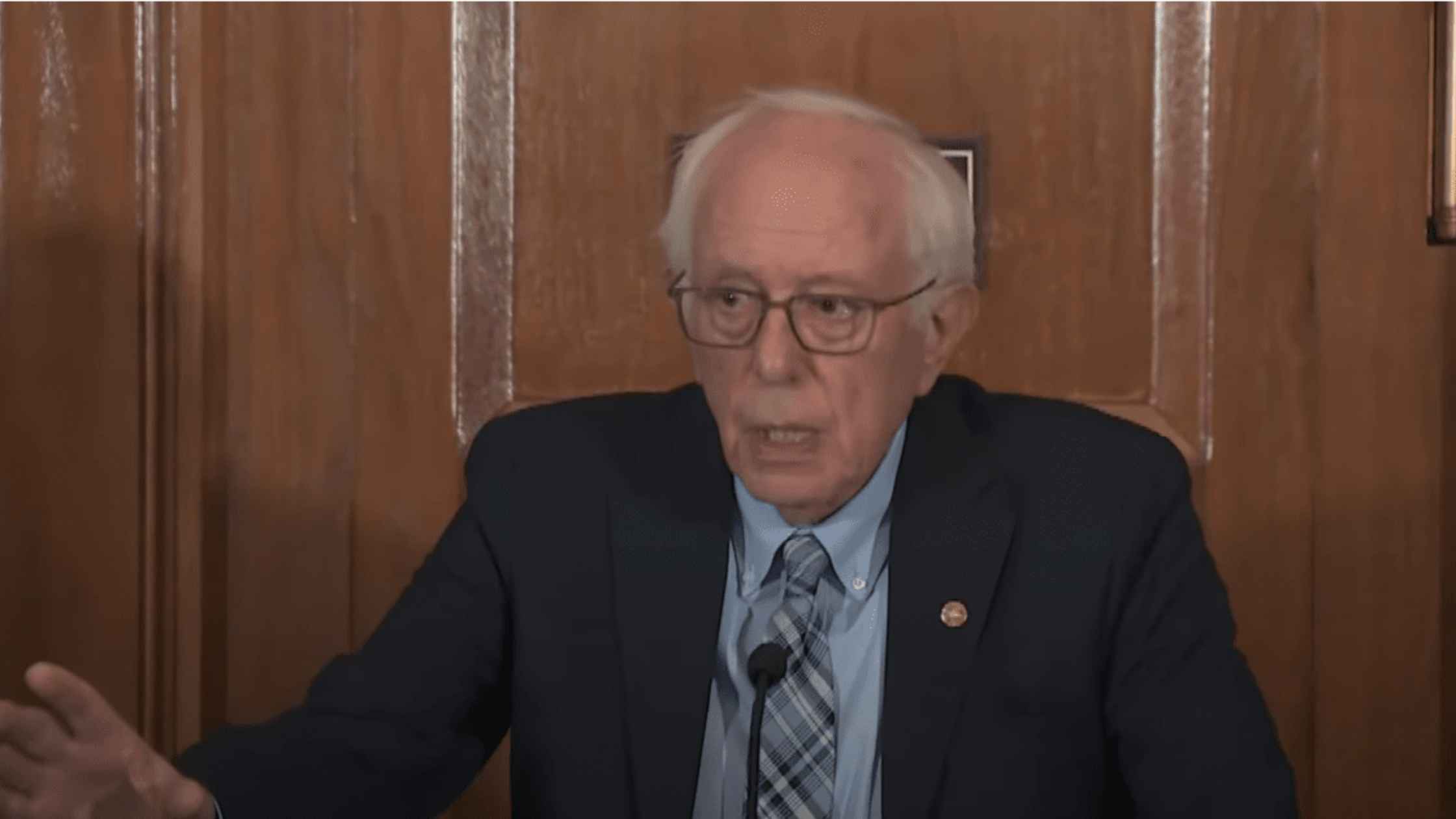
Sanders Holds Press Conference 7/30/25
Bernie Sanders holds a news briefing on Medicaid cuts and the One Big Beautiful Bill. Read the transcript here.
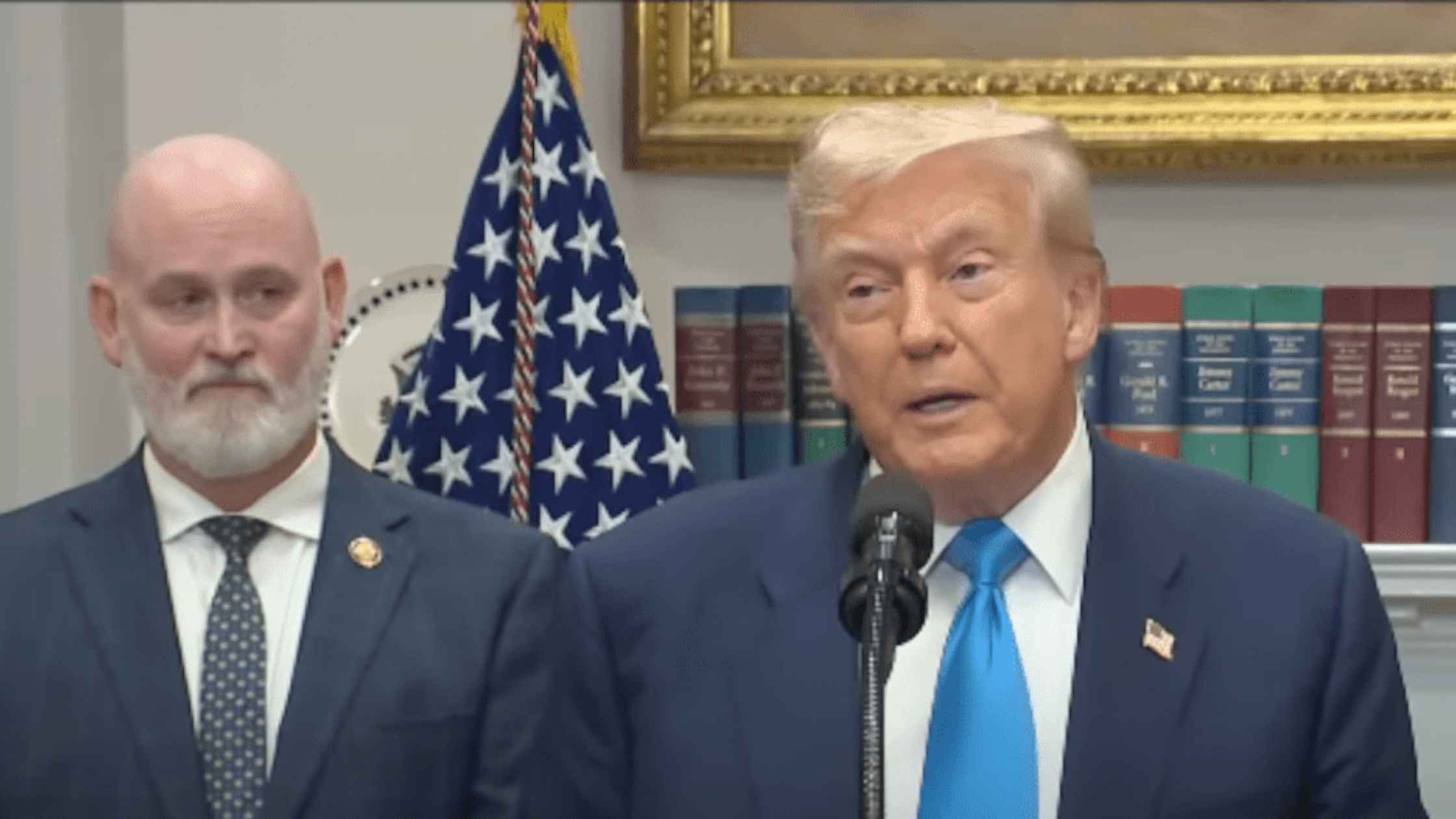
VA Home Loan Program Reform Act
Donald Trump signs the VA Home Loan Program Reform Act. Read the transcript here.
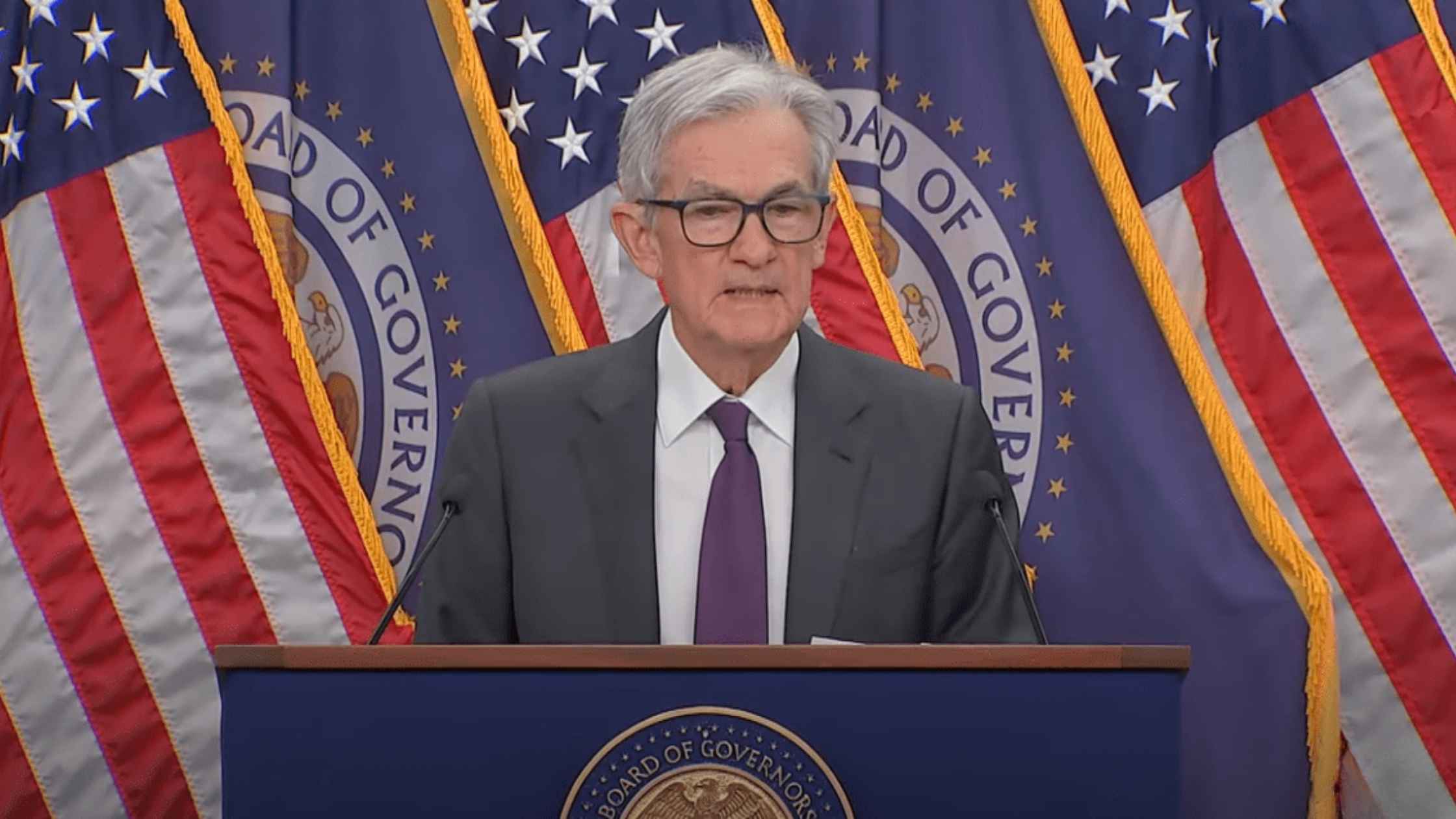
Powell Press Conference on Interest Rates
Jerome Powell speaks after Fed committee decides on interest rates. Read the transcript here.
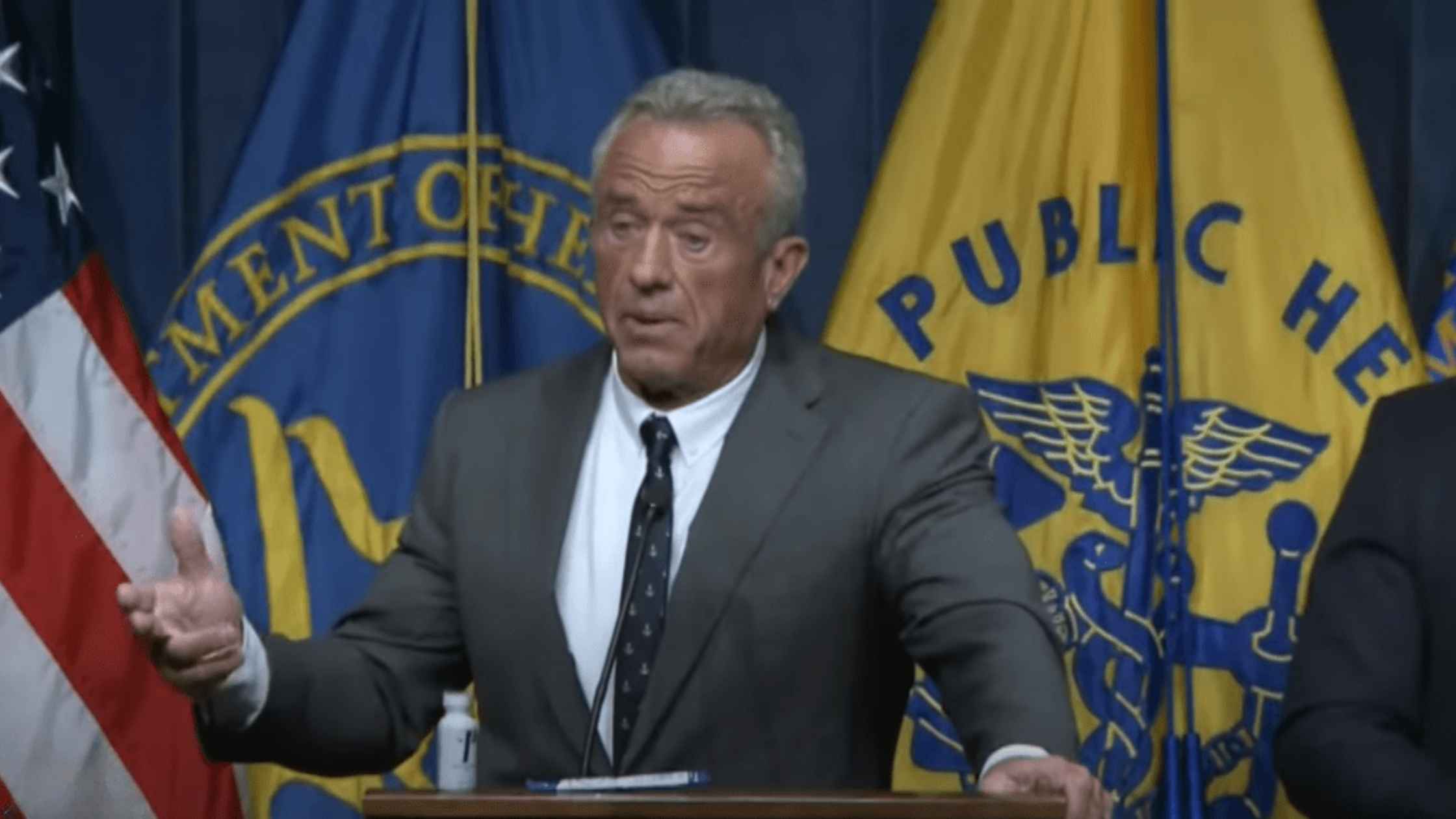
Kratom Crackdown Announcement
RFK Jr. and health officials announced a crackdown on kratom-related products. Read the transcript here.
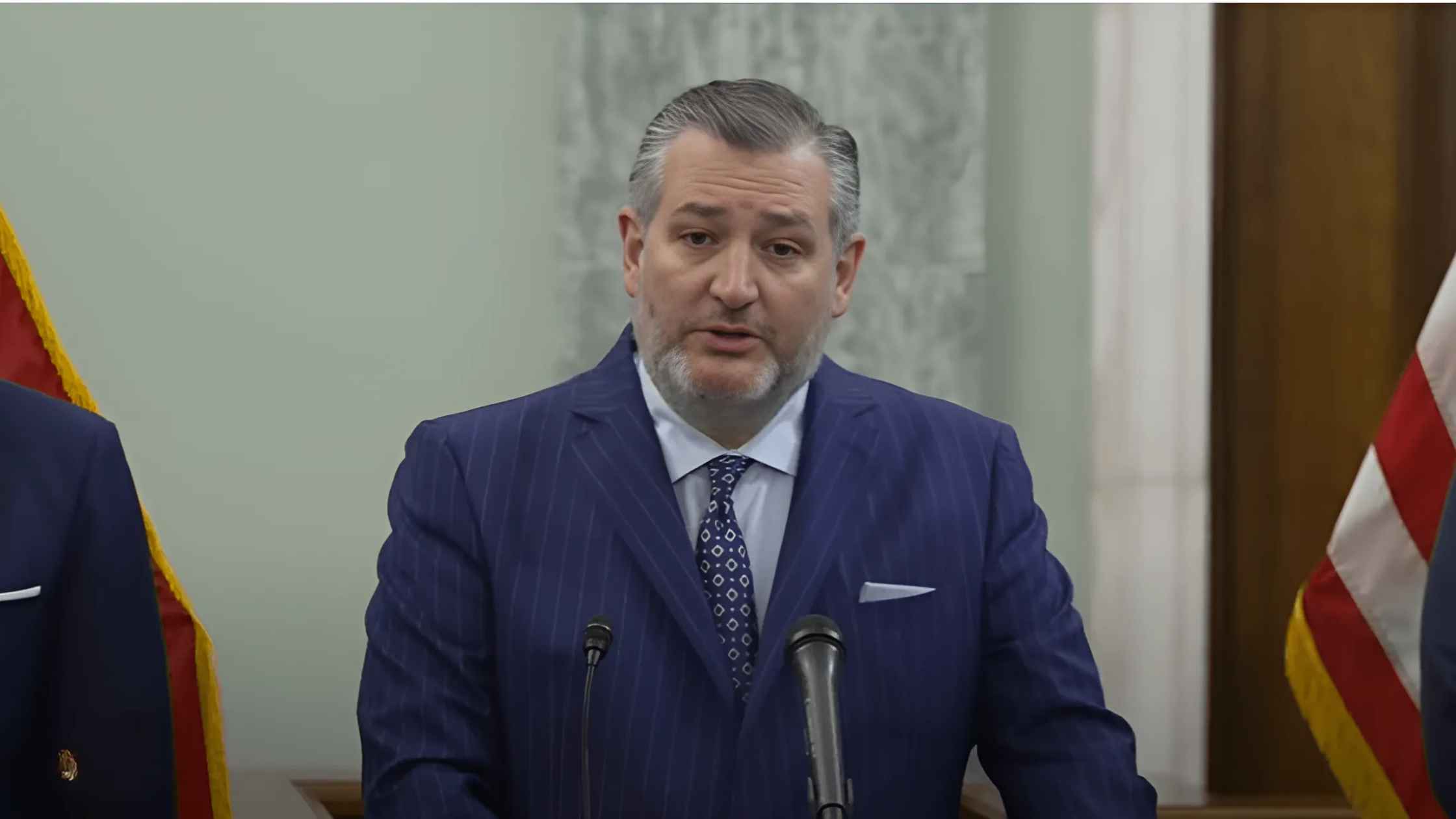
Air Safety Regulation Press Conference
Cruz, Duffy, and NTSB Chair Homendy introduce new air safety legislation after DC collision. Read the transcript here.
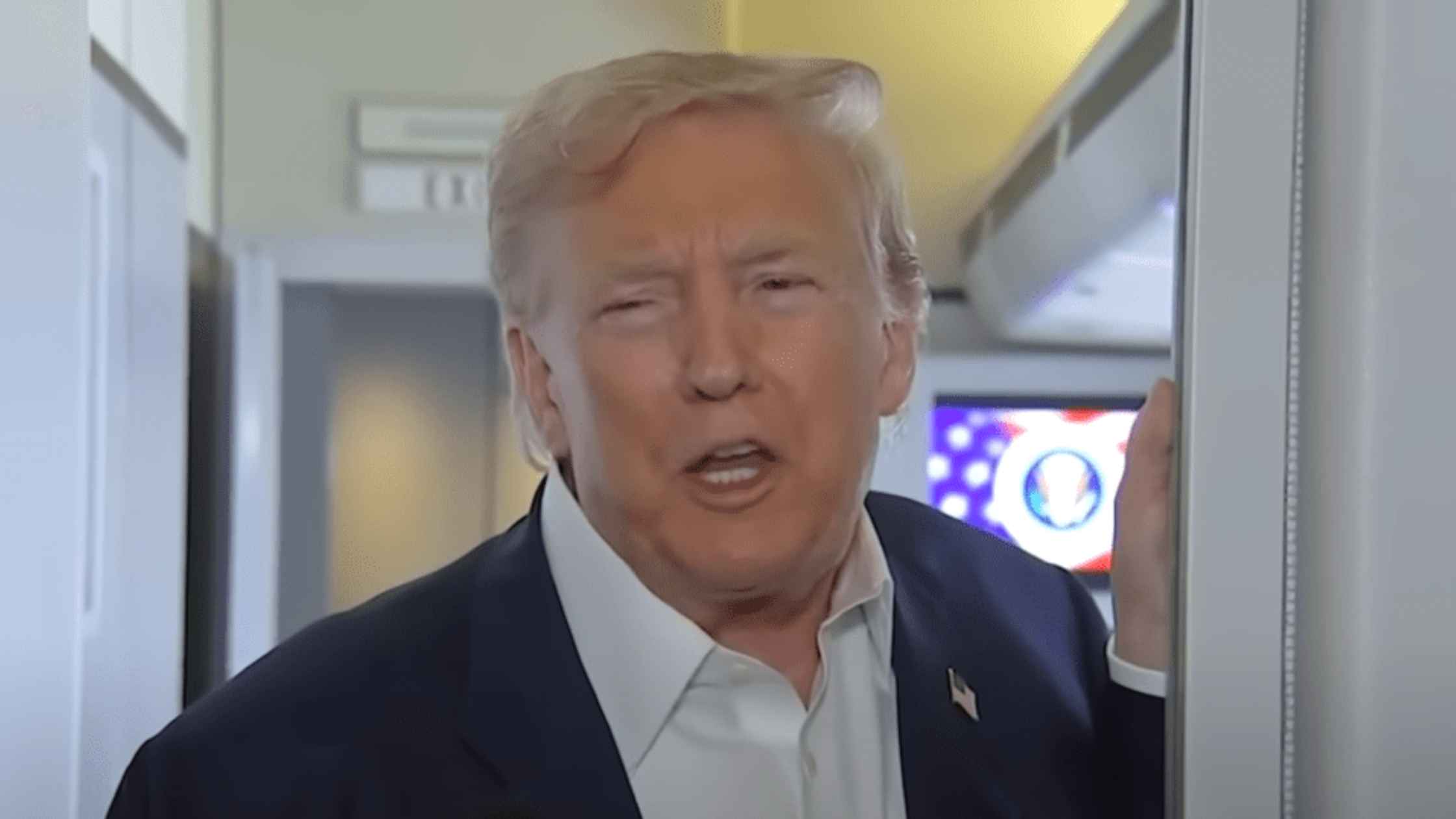
Air Force One Press Gaggle 7/29/25
Donald Trump takes questions from reporters on Air Force One during his flight from Scotland to the U.S. Read the transcript here.
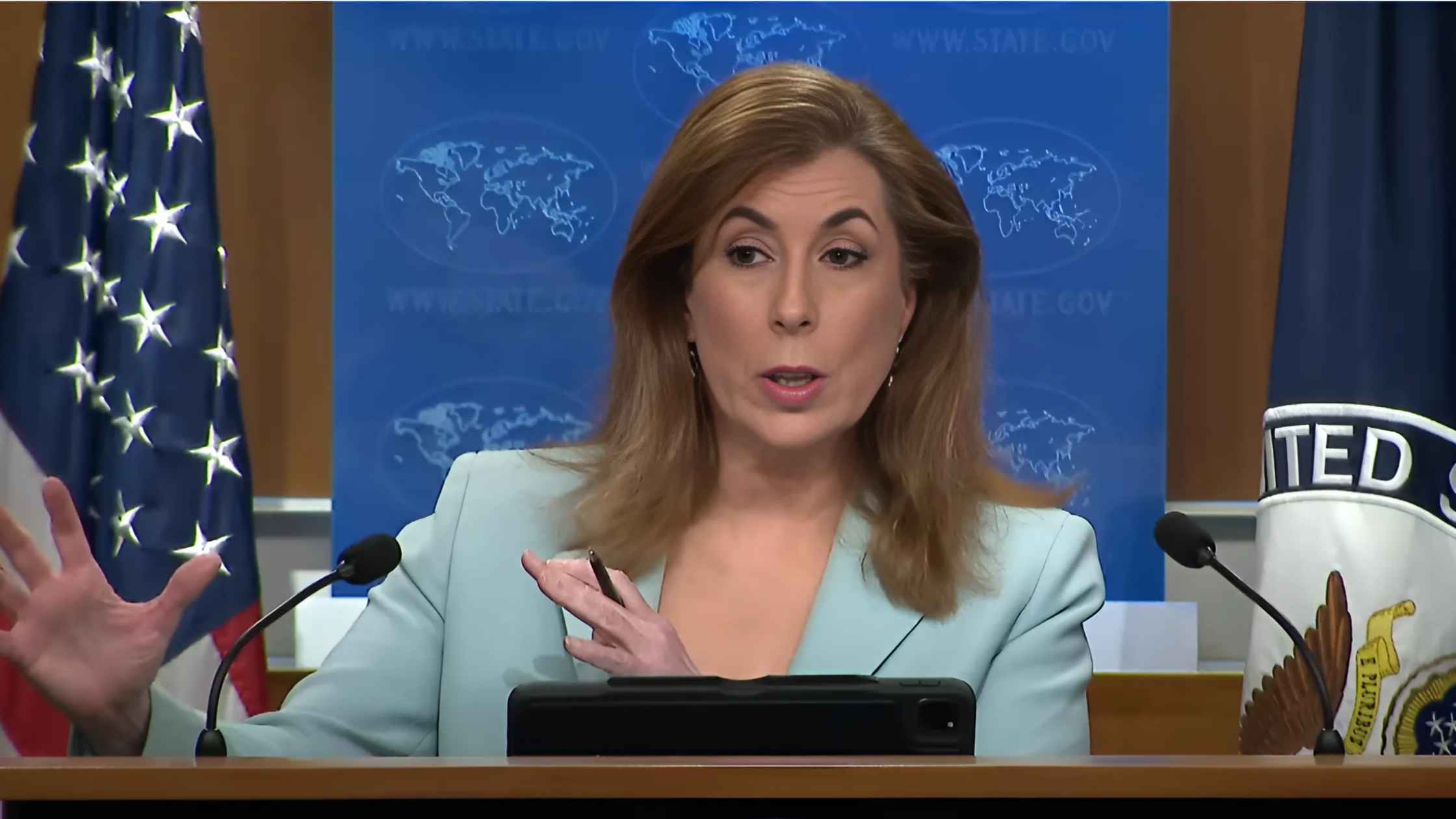
State Department Press Briefing for 7/29/25
Tammy Bruce leads the State Department briefing for 7/29/25. Read the transcript here.
Subscribe to The Rev Blog
Sign up to get Rev content delivered straight to your inbox.

.webp)